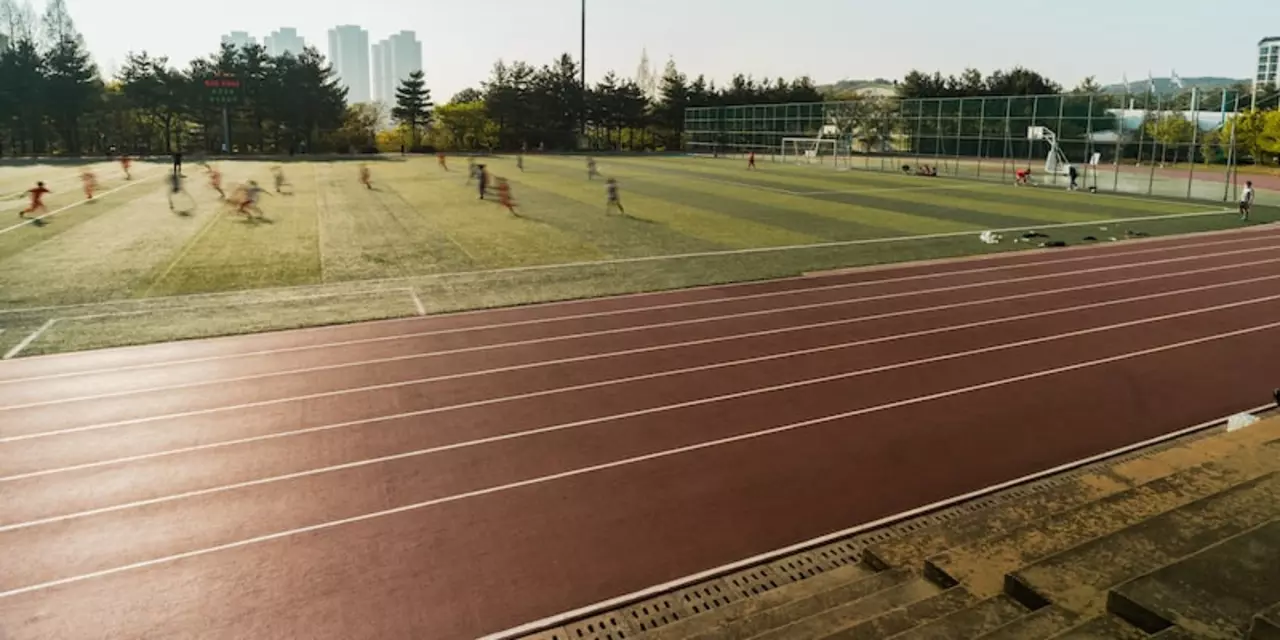Exploring the Daily Life of Professional Soccer Players
Professional soccer players have a unique lifestyle. From the training and games to the travel and media obligations, the life of a professional soccer player is a unique and demanding one.When they’re not playing in games, professional soccer players must commit to a rigorous training regimen. Depending on the team and the level of play, training can involve anything from running drills to practicing set pieces to working on technical skills. Training sessions can last anywhere from a few hours to a full day and can vary in intensity.
On game days, professional soccer players must arrive early at the stadium and warm up with their team. During the game, they must focus on the task at hand and perform to their best abilities. After the game, they may need to attend a press conference, take part in interviews, or do other media duties.
In addition to the games and training, professional soccer players must also travel to away games and competitions. This can involve long plane trips, multiple hotels, and a lot of time away from home and family. On top of that, they must also balance their personal life and relationships, making sure to set aside time for themselves and their loved ones.
The lifestyle of a professional soccer player is a demanding one. It takes focus, dedication, and hard work to make it in the world of professional soccer—but it can be incredibly rewarding if you’re willing to put in the effort.
The Challenges Faced by Soccer Players and How to Overcome Them
Soccer players face a variety of challenges on a daily basis. From the physical demands of training and competing, to the mental and emotional pressures associated with the sport, soccer players must remain resilient in order to succeed. Some of the most common challenges they face include dealing with injuries, managing fatigue, and dealing with psychological pressures.Injuries are a major risk factor in soccer. With its high-intensity nature, injuries are a common occurrence among soccer players. In order to prevent and manage injuries, players must take the necessary precautions, such as proper warm-ups and cool-downs, stretching, and following a comprehensive nutrition plan. Additionally, players should focus on strengthening their muscles to reduce the risk of injuries.
Fatigue is another challenge soccer players face. The physical demands of the sport can be exhausting and can lead to fatigue. To combat this, players need to ensure they get enough rest and recovery between practices and games. Additionally, players should focus on eating a balanced diet that is rich in nutrients to help their bodies recover more quickly.
Finally, psychological pressures can be a major challenge for soccer players. The pressure to perform and succeed can be overwhelming, and it is important for players to learn how to manage these pressures and maintain a positive outlook. To do this, players can use positive self-talk and visualization techniques to keep their minds focused and prepared for the game.
Overall, soccer players face a variety of challenges on a daily basis. By understanding and taking steps to prevent and manage these challenges, soccer players can remain resilient and achieve success in their sport.
The Benefits of an Active Lifestyle for Soccer Players
Soccer players are known for their active lifestyles, both on and off the field. While the physical demands of the sport can be demanding, there are many benefits to being an active soccer player. From improved physical health to enhanced mental well-being, here are some of the biggest benefits of an active lifestyle for soccer players.1. Improved Physical Health: Soccer players are known for their peak physical fitness, and this is due in large part to their active lifestyles. Regular exercise helps to build strength and endurance, while also increasing flexibility and agility. Soccer players also benefit from improved cardiovascular health, as the vigorous physical activity increases the body’s oxygen intake and helps to reduce the risk of heart disease.
2. Improved Mental Health: An active lifestyle isn’t just good for your physical health; it’s also beneficial for your mental health. Exercise releases endorphins, which are hormones that help to reduce stress and anxiety. Soccer players can also benefit from improved cognitive function due to the focus and attention the sport requires.
3. Increased Social Interaction: Soccer is a team sport, so it requires players to work together and communicate to achieve success. This leads to increased social interaction, which helps to improve communication skills and build relationships. Additionally, being part of a team can help players to develop a sense of belonging and community.
4. Enhanced Motivation: Staying active can be a great motivator for soccer players. Not only does it help to keep players in shape, but it also helps them to stay focused on their goals and build drive and determination. Additionally, the physical and mental benefits of exercise can help to boost confidence and foster a positive attitude.
Overall, there are many benefits to an active lifestyle for soccer players. Not only does it help to keep them in shape and improve their physical and mental health, but it also helps them to stay motivated and build relationships. So if you’re looking to get the most out of your soccer career, it’s time to start living an active lifestyle.






Write a comment